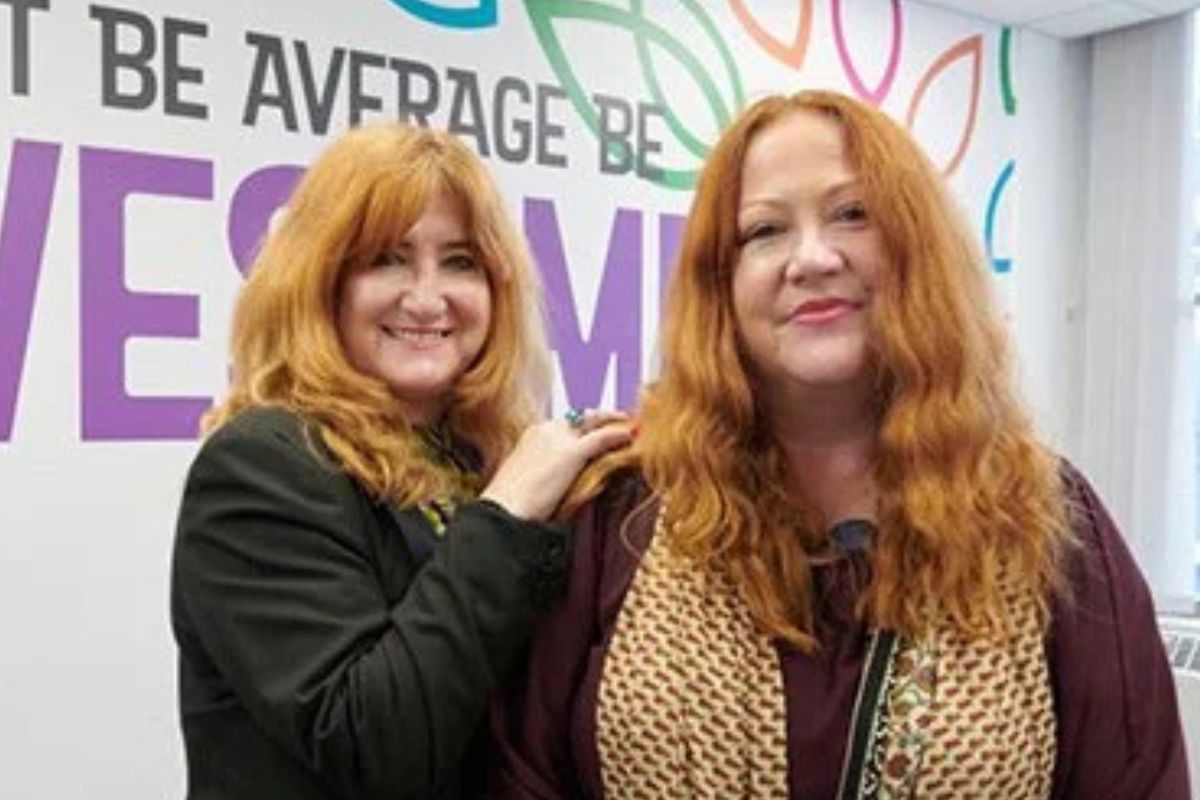Aston Business School MBA students focused on their personal and professional development

Aston University and Aston Business School (ABS) careers consultant Yasmin Ansari does not think much of the ‘where will I be in five years’ philosophy when it comes to plotting your business future.
- Careers consultant says Aston MBA students are offered careers support throughout their courses, whether being taught full-time on campus, online, or part-time
- Yasmin Ansari says students benefit from real-life applications and case-based learning
- She primarily looks after the full-time cohort, which runs twice a year, including teaching a module called The Aston Edge.
Instead, she very much favours the personal and professional development of the MBA students under her wing at Aston Business School.
Yasmin was talking about her role in the latest podcast in a series called ‘Aston means business’, presented by journalist Steve Dyson.
She said she was attracted to Aston University and in particular Aston Business School in order to specialise, having previously worked in the civil service at the Department of Work and Pensions and then at the University of Birmingham, starting as an applications advisor.
Yasmin said the MBA students were offered careers support throughout their courses, whether being taught full-time on campus, online, or part-time.
And, although they have varying different backgrounds, they have one thing in common, she added:
“Our students are super ambitious, super driven. I would say pretty much each and every one of them has got at least some idea of what they want to do. We don’t have a problem of unengaged students.”
Yasmin, who is herself doing a part-time MBA course, which she started nine months ago, offered some important tips to her students on how to manage their careers.
“The first thing is having a plan, but being flexible. I am not a huge fan of the whole ‘what do you want to be in five years’ time’, or ‘what job do you want to have’.
“I would rather ask somebody what kind of person they see themselves being in five years from now, because it gives more scope for somebody to think about their personal, professional development.”
She said it was ok to have several strings to your bow.
Yasmin said other advice centred around students tracking their professional development, having some idea what some of those potential steps might be.
She also suggested that students are not afraid to ask for help, take advantage of networking and fostering relationships, and, lastly, keep in touch as Aston has a “vibrant alumni community”.
Yasmin, who admitted it felt a “little bit weird” being an MBA student herself, said one of the most important aspects of Aston’s MBA programme was that it was “experiential and case-based learning”.
This meant everything was applied, such as case studies, real-life applications, business challenges on real problems on the full-time course, and a “highly engaged” support team.
Yasmin said she primarily looks after the full-time cohort, which runs twice a year, including teaching a module called The Aston Edge which focuses on career skills and behaviour science.
The online MBA programme runs six times a year with up to 20 students per cohort, while the part-time course can include students already in employment who may be thinking about future development or a change in career direction.
Yasmin said she offers her students one-to-one guidance as well as practical advice around things like CVs, job searching strategies, and how better to network.
An online student might have a very different query, such as ‘I want to be an executive’, she added.
“The approach might be similar in the sense of analysing and evaluating their experience, looking at what they’ve done, but also considering how they apply that to those roles.”
Yasmin said they had students who had previously worked in IT, engineering, and healthcare, while someone on the full-time programme was previously the mayor of a town.
She said some students are offered advice on how to start their own business, while various graduates had gone on to work for companies like PWC and Accenture, and others went to work for smaller businesses and SMEs, or started their own freelance consultancy.











Responses